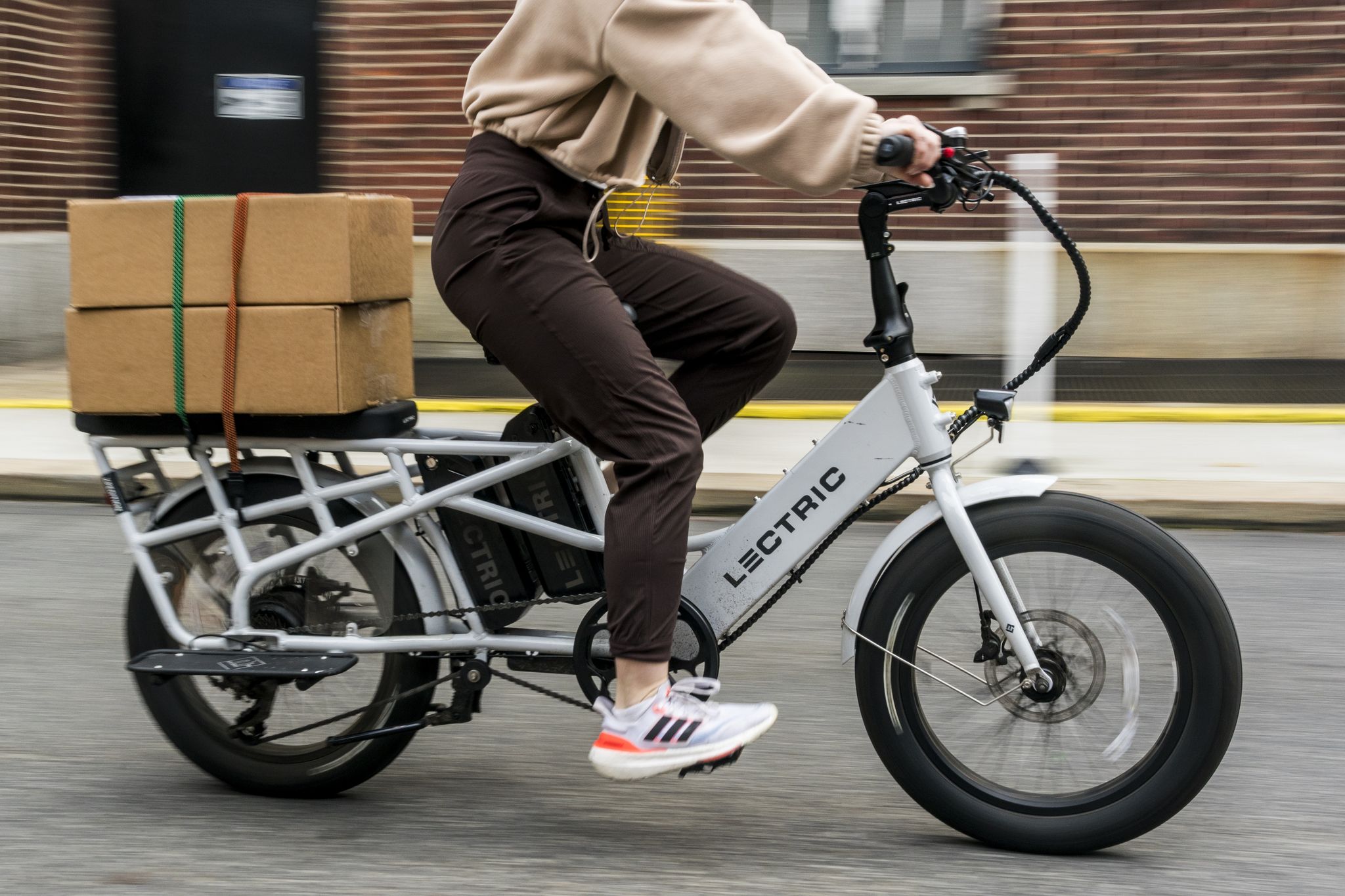
Choosing between an electric bicycle and a traditional bike can be a tough decision, especially with the increasing popularity of electric bikes. Both options have their own set of advantages and disadvantages, so it's important to consider your specific needs and preferences before making a decision. In this article, we will compare electric bicycles (it is also known as “elektrische fietsen” in the dutch language) and traditional bikes to help you determine which one is the right choice for you.
Cost
Electric Bicycles
- Higher upfront cost due to the technology involved.
- Potential savings in the long run on fuel costs.
- May require maintenance of the battery and motor.
Traditional Bikes
- Lower upfront cost compared to electric bicycles.
- Minimal maintenance costs.
- No additional costs for charging or replacing batteries.
Consider your budget and how much you are willing to spend before deciding on which type of bike to purchase.
Performance
Electric Bicycles
- Assistance from the motor makes it easier to tackle hills and long distances.
- Variable levels of assistance allow you to choose how much help you need.
- Speed and range may be greater than traditional bikes.
Traditional Bikes
- Require more physical effort, especially on hills and long rides.
- No assistance from a motor, so speed and range are limited by your own pedaling ability.
- Great for those looking for a workout or training for a race.
Think about the terrain you will be riding on and how much assistance you may need when considering performance.
Convenience
Electric Bicycles
- Less physical effort required, especially on challenging routes.
- Ability to arrive at your destination without breaking a sweat.
- Can be a practical option for commuting or running errands.
Traditional Bikes
- Require more physical exertion, which can be a workout in itself.
- No need to worry about charging batteries or finding electrical outlets.
- May not be as practical for longer commutes or hilly areas.
Consider how you plan to use the bike and whether convenience is a key factor for you.
Sustainability
Electric Bicycles
- Environmentally friendly option with zero emissions.
- Reduced dependence on fossil fuels.
- Promotes a greener form of transportation.
Traditional Bikes
- Environmentally friendly mode of transportation.
- Minimal impact on the environment compared to motor vehicles.
- Promotes a healthy and active lifestyle.
If sustainability is important to you, both electric and traditional bikes are more eco-friendly options compared to cars or motorcycles.
Storage and Portability
Electric Bicycles
- May be heavier and bulkier due to the battery and motor.
- Require a charging outlet for recharging the battery.
- Folding electric bikes are available for easier storage and transportation.
Traditional Bikes
- Lighter and easier to maneuver compared to electric bikes.
- No need for charging or battery maintenance.
- Can be easily hung on bike racks or stored in compact spaces.
Consider where you will be storing the bike and whether you need it to be easily transportable when making your decision.
Conclusion
Choosing between an electric bicycle and a traditional bike ultimately depends on your preferences, needs, and priorities. Electric bikes offer convenience and assistance, while traditional bikes provide a more physical workout and are often more budget-friendly. Consider factors such as cost, performance, convenience, sustainability, and storage before making your final decision.
